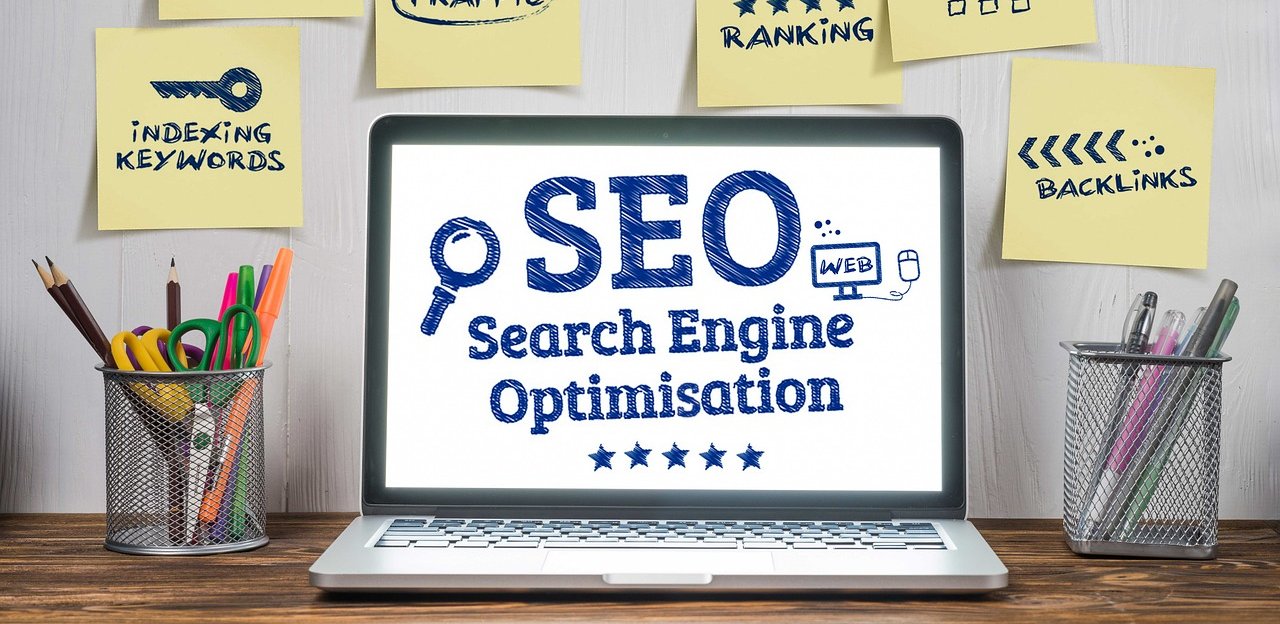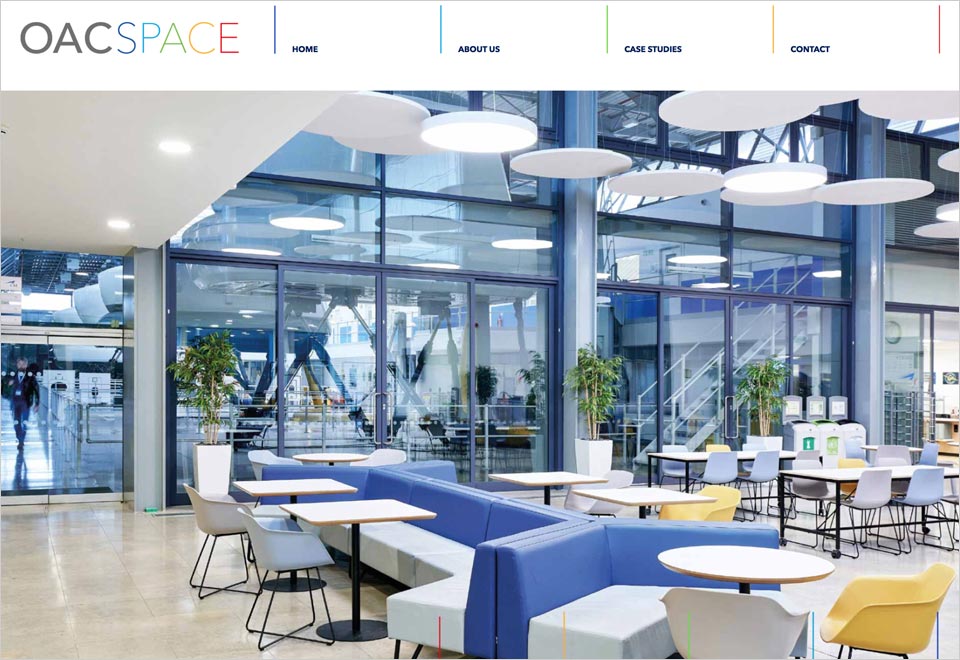Common SEO Terms
Do you know your Pigeon from your Penguin and what is SERP? We help untangle some of those SEO buzzwords, acronyms and slang.
Do you know your Pigeon from your Penguin and what is SERP?
We help untangle some of those SEO buzzwords, acronyms and slang.
Below are some of the most popular SEO buzzwords, however there are more invented all the time that may not be listed.
Algorithm
In brief, an algorithm is a formula which retrieves and orders information in order to problem solve. Search engines use algorithms to find, interrogate and rate websites in order to make them relevant for people searching for information on the internet. Google has about 200 of these which determine a website's status in search results.
Alt Text
Alt text provides search engines with information about images on your website. Search engines can't "view" images the way humans do (yet!) so adding alt text helps search engines make sense of your images, providing information about what the images contain. Adding the right alt text to your images is important for accessibility and search engines.
Backlinks
Backlinks point towards your website from other websites. They are also known as "incoming", "inward" or "inbound" links and show Google that your website is healthy and well set up.
Black Hat SEO
Black hat SEO is a way of trying to improve your ranking by using techniques that are fake of have been banned over the years. These may include keyword stuffing, or paying businesses to create links and more.
Blog
A blog/ blogposts are a useful tool. They are usually a section of your website (some websites are purely blogs) where you publish articles and images about your business, provide customers with news about you, advice about related topics or even observations and opinions. Done well, they are an excellent way to keep your website updated, interesting and frequently crawled by search engines.
Bot / Search Bot
A bot (or robot) is a programmed application that scans websites. Specifically, search engine bots, (also known as "spiders" or "crawlers" are tasked with scouring the web and scanning websites' pages. Googlebot is one example. A massive database or index is then updated from the sites that have been crawled. This database is consulted when compiling search engine results.
Caching
Your computers web browser stores a copy of the websites that you view. This enables faster website load times. Websites also store a cashed version also enabling faster load times.
Click Through Rate (CTR)
The CTR of a website is the number of clicks a website receives, divided by the number of impressions the same page receives on the Search Engine Results Page (SERP). So if your latest article appeared 1,000 times on Google (impressions), and was clicked 45 times, it's CTR will be 45/1000 = 0.045 or 4.5%.
Content
Website content is what you put on your website including text, photos, videos, graphs or other information. Search engines look for high quality content as a very basic SEO concept. To be well-ranked with Google, your information needs to be:
- original (ie not copied from another website)
- regularly updated
- useful and applicable
De-indexed
This is a website page or group of pages that have been removed from Google's or another search engines index.
Domain Authority
Domain Authority or DA is a score invented by Moz, a company who sells online tools to help with SEO. Domain Authority is usually calculated by the number and quality of links to a website.
On Page SEO
Improvements made within your website such as adding or updating Content and Technical SEO.
Off Page SEO
Improvements made outside of your website such as link building, social media, reviews and reputation management.
Page Authority
Page Authority or PA is a score invented by Moz, a company who sells online tools to help with SEO.
Panda
Panda is a Google algorithm update that was introduced in 2011 to stop poor quality websites making it into search results.
Penguin
Another of Google's algorithm updates which fights against spammy websites appearing in search results. Introduced in 2012, it combats link schemes (which includes buying or exchanging links) which is against Webmaster Guidelines.
Google Search Console: A free program provided by Google that allows site owners to monitor how their site is doing in search.
Pigeon
Pigeon is another Google algorithm update which provides location-based results to searchers in surrounding areas. Essential for searchers looking for businesses and services local to them, it was introduced in 2014 and is a key element in managing your SEO.
SERP
Stands for Search Engine Results Page. These are the pages that appear in search engines when you search for a keyword or keywords.
Technical SEO
Technical SEO involves making improvements to the websites structure, page layout, code (such as HTML, PHP & CSS), searchability and load speed. It can also include improving HTML title tags, alt tags and levels of heading tags.
- What is the best website builder?
- The best ways to check your website’s performance are free
- Why has SEO become so convoluted?
- Why is Your Website like a Car?





